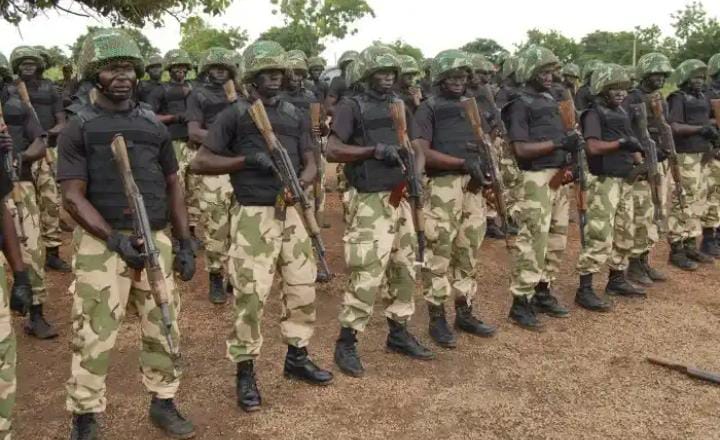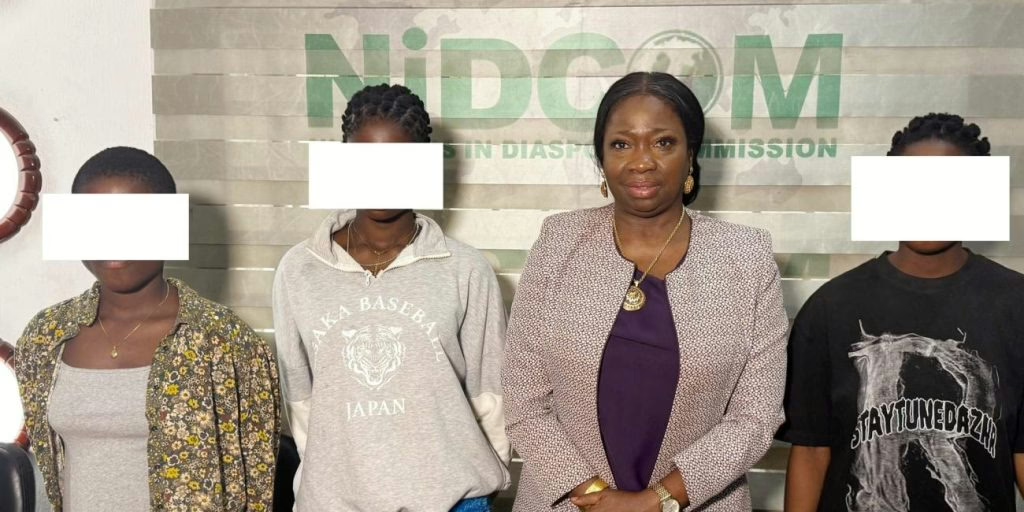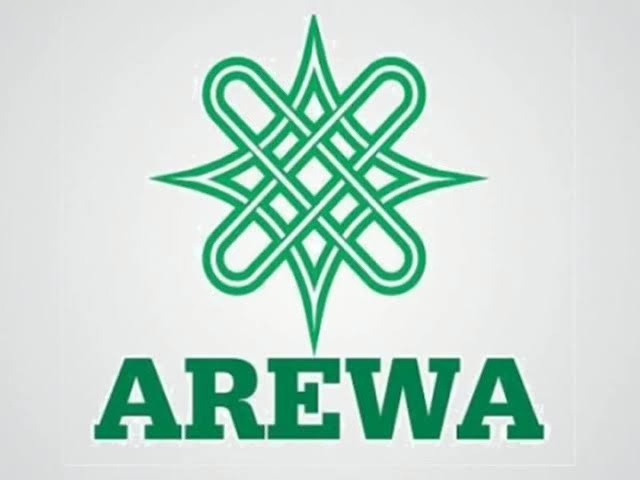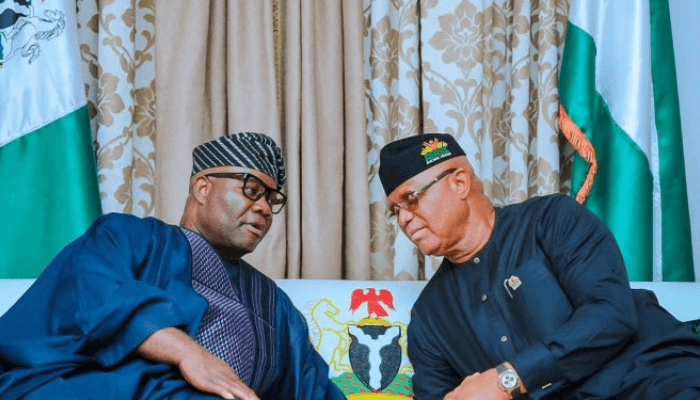By Miracle Ogunde
Tensions continue to rise both in Nigeria and Niger Republic as the Defence Headquarters, (DHQ) commenced build-up preparations for the possible mobilisation of troops and equipment for a possible confrontation with the junta in Niger Republic.
This is in compliance with the directives of the Economic Community of West African States, after its second extra-ordinary meeting held in Abuja, Nigeria’s capital, recently.
The ECOWAS Parliament is divided over the use of military might to force the junta, which overthrew President Mohamed Bazoum on July 26, out of power and to reinstate him to power.
It was gathered that the Nigerian military high command, has also directed the service chiefs to compile and submit war requirements such as the number of personnel, equipment, logistics and financial costs to the Chief of Defence Staff.
It was reported on Friday that the preparation was the preliminary stage in the planning process of amassing human and material resources required for the planned military intervention in Niger.
However, Starnews Nigeria reports that there have been divisions among Nigerians on the military action to be taken against the Niger Junta with many eminent personalities calling for a peaceful dialogue rather than the use of force.
Likewise the United States, recently says it supports peaceful negotiations for the return of democratic order in the Niger Republic, while expressing deep concerns over the state of health of the deposed president, Mohamed Bazoum.
Meanwhile, majority of Nigeriens have expressed support for the military junta while alleging the ousted President is a Western ally in a video recently seen online.
A leaked memo indicated that about two battalions would be required to prosecute the war against the junta in Niger Republic.
A battalion is a military unit typically consisting of 300 to 1,000 soldiers commanded by a lieutenant colonel, and subdivided into a number of companies (usually each commanded by a major or a captain).
A military source, however, explained that the total number of troops should be at least 10 times more than that of the enemy.
Senegal, Benin and Ivory Coast, and other ECOWAS member states, are expected to commit troops to the standby force.
The Niger junta, led by General Abdourahmane Tchiani, had defiantly refused to yield to entreaties and diplomatic pressure to reinstate Bazoum, who has been in detention at his residence since the takeover on July 26.
Following the coup, the ECOWAS imposed several sanctions on the francophone country to compel the military leaders to reinstate the ousted president.
But the coup plotters ignored a one-week ultimatum to restore democracy issued by ECOWAS, and also refused to meet with a delegation led by former Nigerian military Head of State, General Abdulsalami Abubakar, last week Thursday.
The junta, on Monday, similarly denied the acting United States Deputy Secretary of State, Victoria Nuland, access to the coup leader and Bazoum.
Also, plans by a joint United Nations, Africa Union and ECOWAS delegation to visit Niamey on Tuesday were aborted, after the coup leaders said they were unavailable to meet with the mission.
On Tuesday, presidential spokesman, Ajuri Ngelale, announced that more sanctions had been imposed on the individuals and entities relating with the Niger military junta.
Meanwhile, the new sanctions imposed by the Central Bank of Nigeria will prevent Nigerian banks from carrying out financial transactions with their Nigerian counterparts.
The restriction also applied to the coup plotters and their collaborators.
In reaction to the planned military intervention authorised by the sub-regional body, the Niger military leaders threatened to kill Bazoum should the ECOWAS attempt any military operation to restore democracy in the francophone country.
However, giving an update on the ECOWAS resolution on Friday, reliable military sources said the Nigerian military authorities had started activating the necessary levers to give full expression to the resolutions of the West African leaders.
A military source noted that the Defence Headquarters would coordinate the deployment of troops and equipment for the operation.
“No deployment has been made for now, but the build-up is ongoing. Services are to forward requirements such as the required number of men, equipment as well as funds that would be needed to mobilise troops to Niger. The DHQ will coordinate the deployment of troops for the operation in Niger,” the source stated.
Speaking about the total number of troops that would be deployed, another source stated, “Military deployments are shrouded in secrecy, but it depends on how many men would be contributed by all members of ECOWAS. The total force should be at least 10 times more than that of the enemy.”
However, the Director of Defence Information, Brig. Gen. Tukur Gusau, assured Nigerians that the participation of the country in the military operation in Niger would did not affect the ongoing war against insecurity in the country.
His reaction followed concerns by security experts that military involvement in Niger might impact the ongoing operations against criminal elements across the country.
When asked if the ongoing operation against members of the Indigenous People of Biafra and the Eastern Security Network, Boko Haram terrorists and bandits would not suffer setbacks with the planned deployment of troops to Niger, Gusau said, “I want to assure you that it will not in any way.”
The DHQ spokesman, however, declined to speak on the preparations for the planned military intervention in Niger.











Leave a Reply